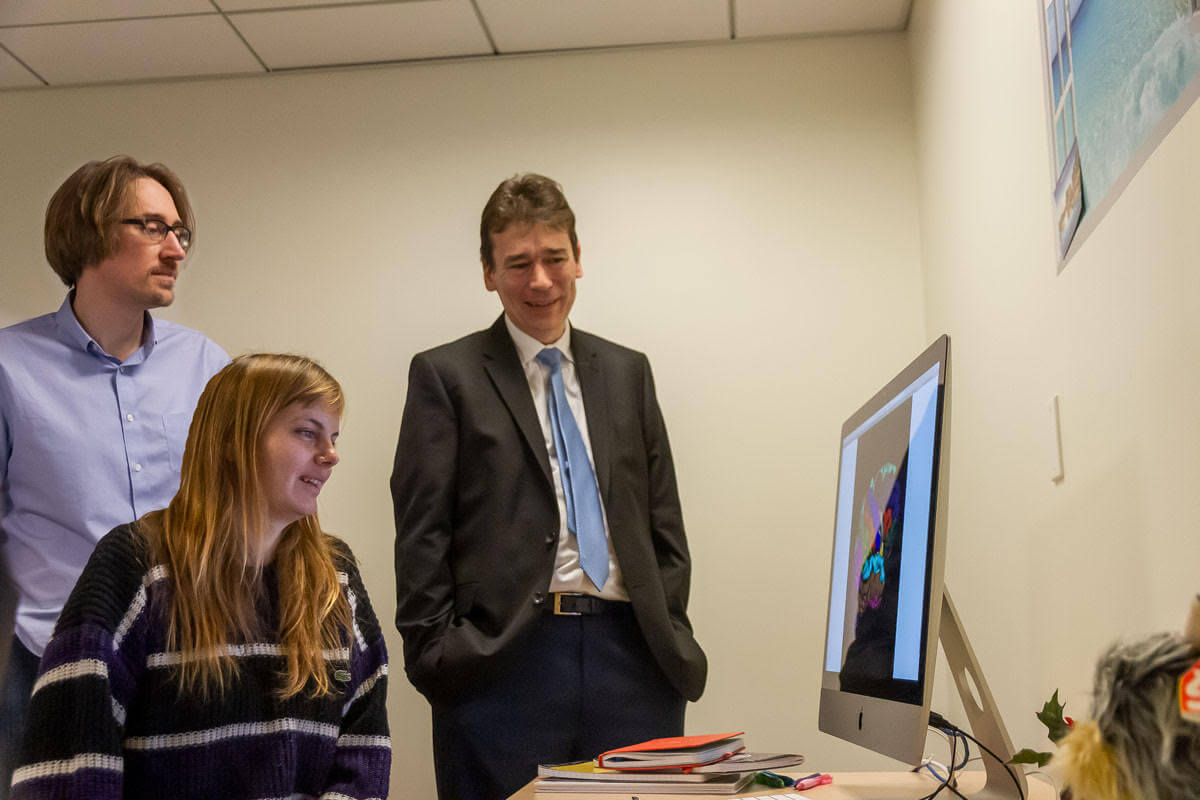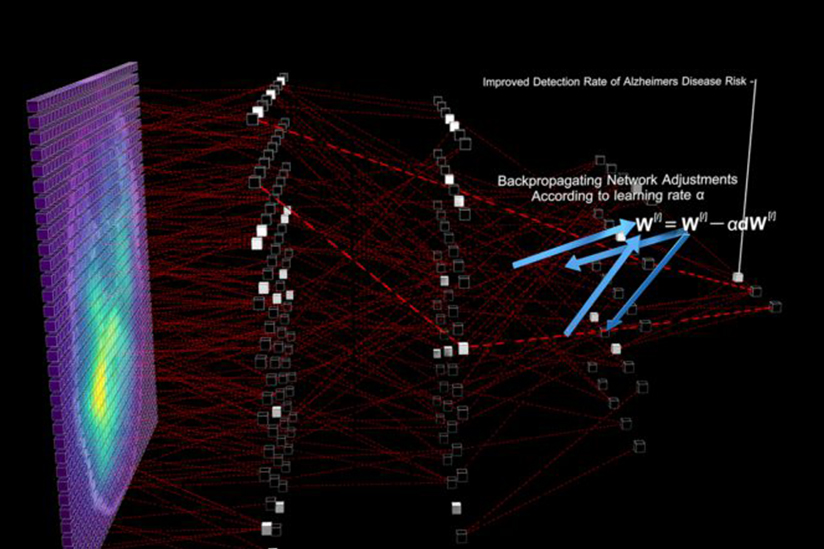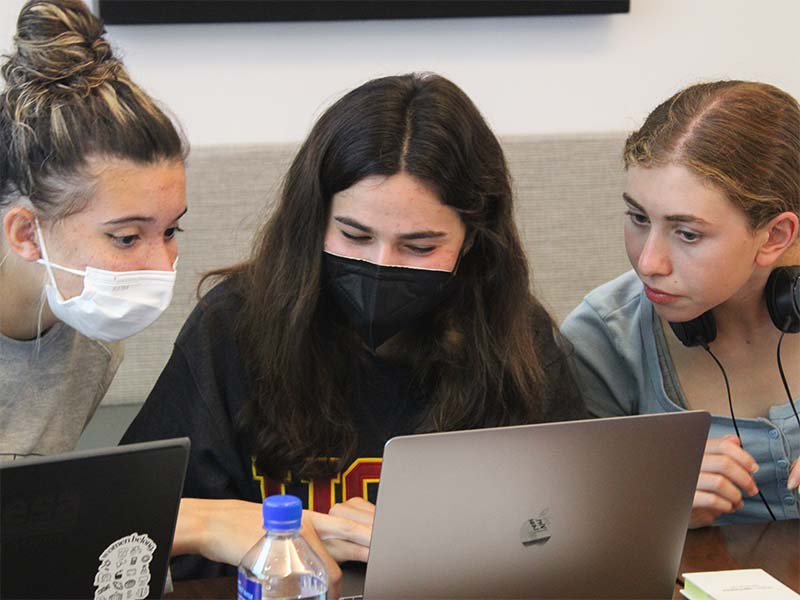Created in 1999 as a one-terabyte cache of Holocaust survivor testimonies, the Virtual History Archive has since transformed into a collection of more than 55,000 interviews—the foundation for USC Shoah Foundation’s global programs. USC Shoah Foundation today releases a complete redesign of its Visual History Archive (VHA), the world’s largest collection of primary source video testimonies from…
Category: Uncategorized
Find out how new AI software from the USC Center for Artificial Intelligence in Society will help stop poachers in nearly 600 wildlife parks across 55 countries. In concert with nine animal conservation groups, USC Viterbi School of Engineering’s Center for Artificial Intelligence in Society is in the midst of a massive deployment of predictive artificial intelligence software known…

How do you develop vaccines and therapies that keep up with the ever-changing virus that causes COVID-19? USC Viterbi engineers turned to AI. USC researchers have developed a new method to counter emergent mutations of the coronavirus and hasten vaccine development to stop the pathogen responsible for killing thousands of people and ruining the economy.…

USC researchers found “hidden factors” in medical data that could improve Alzheimer’s disease prediction and lead to better outcomes. Nearly 50 million people worldwide have Alzheimer’s disease or another form of dementia. While age is the greatest risk factor for developing the disease, researchers believe most Alzheimer’s cases occur as a result of complex interactions…

Discover how AI is being used to help researchers better understand human health and disease Since the idea of thinking machines first appeared in literature, artificial intelligence has often been portrayed as a future villain or hero. But the fact is, AI is here now and already suffuses our day-to-day lives. AI keeps people safer…
